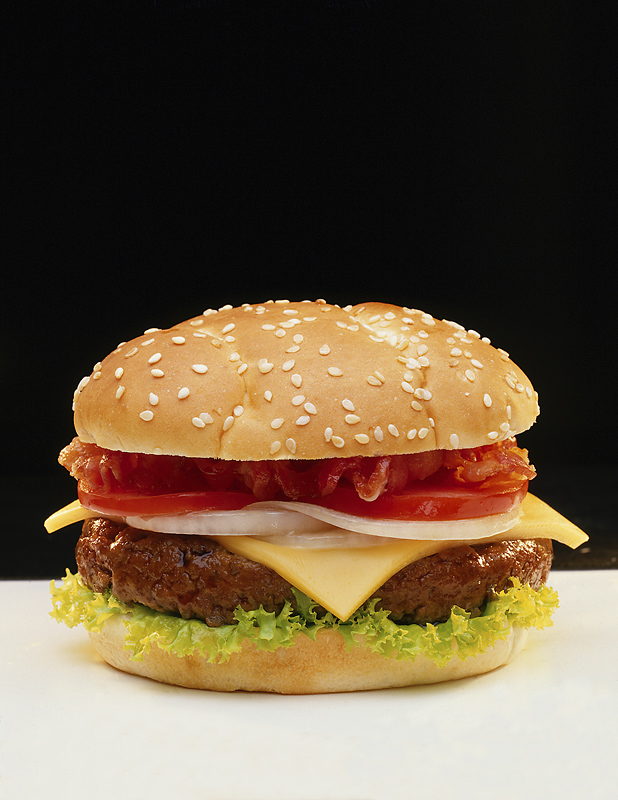
One example that we are all familiar with is McDonald’s localization of its menu. Although the menu is somewhat standardized all around the world, so that you can walk into a McDonalds in Tokyo, Paris or Buenos Aires and feel the same sense of familiarity, there are a few items on their menu that are unique to every country and that have been localized to the tastes of the local market. The following is a list of different McDonald’s burgers that you can find in locations all around the world:
“McArabia” – Middle East
“McLaks” – Norway
“Shogun Burger” – Hong Kong
“Maharaja Mac” – India
“Croque McDo” – Belgium
“McKebab” – Israel
“Prosperity Burger” – Malaysia
“Bulgogi Burger” – South Korea
“Samurai Pork Burger” – Thailand
“McAloo Tikki Burger” – India
“McLobster” – Canada
Not only has McDonald’s chosen names that are adapted to each location’s culture, but they have also adapted the product itself. For instance, to appeal to the tastes of people from the Middle East, the “McArabia” is served on pita bread instead of a bun. In India, where the majority of people don’t eat beef, the burgers are made out of chicken or vegetables. In Hong Kong and Thailand, the burgers are topped with teriyaki sauce. Although the general concept is a sandwich, the fillings, type of bread and sauces change from place to place for these particular “burgers”.
Although it is not always possible and/or necessary to localize your product, I would argue that it is always helpful to localize the language of marketing material. With its language experts, Trusted Translations can help you in the localization process and can provide you with a Free Quote on your next project.





